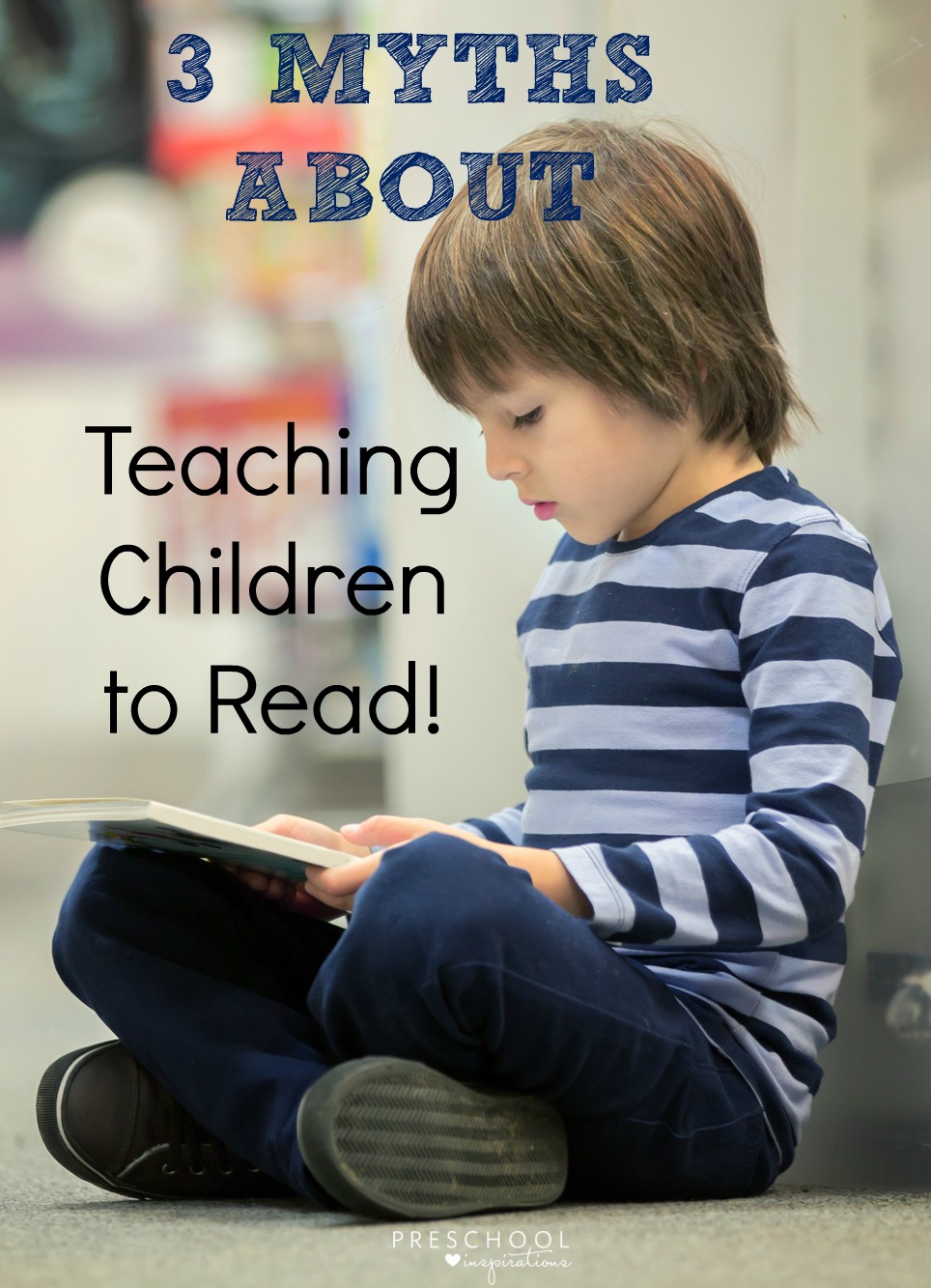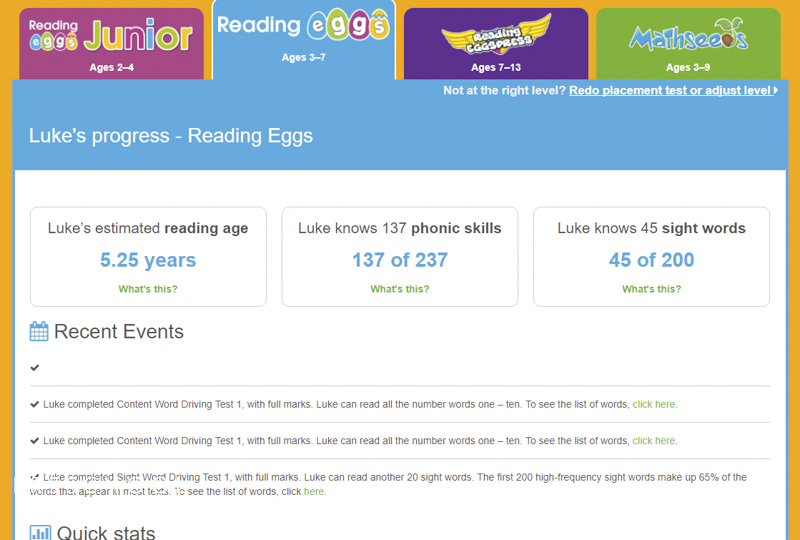I wish I had known these 3 myths about learning to read ages ago. We often talk about the wonderful exciting aspects of learning to read, but the reality is there is another side. I experienced this first hand, and it revealed that learning to read is much more complex than I ever realized. Thank you to Reading Eggs for sponsoring this post.
One of the biggest struggles I’ve faced as a parent was helping my child learn to read. I thought it would be a beautiful, steady journey where we bonded while reading my favorite childhood books together. I dreamed of us curled up reading Brown Bear, Brown Bear, What do You See?, the first book I read on my own.
But it wasn’t beautiful at all. It was hard and frustrating. This wasn’t just a phase either.
I had no clue how each day would be. Some felt full of promise. But the next day the words seemed to be unrecognizable. The same words we had worked on all week long.
It wasn’t hard just for weeks. Not even for months. But for years.
Initially, I told myself that it was normal. Children learn to read at different ages. But as the years passed, it was no longer normal. Had I missed the signs that we needed intervention and help? All I was doing was trying not to rush my child.
My daughter had learned all the letter sounds in preschool and loved listening to books every single day. This is what I knew children needed. She loved singing and was an early talker.
All of the indicators pointed towards her being on time. She was at the top of her class in Pre-K. But she moved to the bottom once the school said she needed to know how to read.
This thought even snuck into my mind: “Maybe I am just a failure at teaching my child to read.”
Thankfully, that wasn’t true either.
I used to think that children would all learn to read in due time. That it was just a milestone that they accomplished, and it would be beautiful and victorious.
And sometimes reading turns out to be this way.
But I’ve also learned how complex learning to read is.
It is a roller coaster of triumphs and struggles.
In this journey of teaching my own children to read, I have learned so much. Here are the three myths I wish everyone knew about learning to read.
Myths About Learning to Read
Myth #1
All children should be reading by five-years-old.
Truth:
There is a range when children learn to read. Like any area of development, it happens at different times for each individual child. Most children learn to read between the ages of 4 and 7, and sometimes even later or earlier.
Myth #2
Children will just learn to read by listening to an adult read to them each night.
Truth:
While some children do pick up reading this way, it is important to remember that learning to read is a complex skill. Children need to learn about word awareness, rhyming, counting syllables, and they need to be able to hear and play with sounds. Some children easily progress through learning to read. Many others need extra time, patience, and tools to help them.
Myth #3
All children learn to read the same way.
Truth:
There are certain milestones that all children go through while learning to read, but the process looks different for each child. Reading should be meaningful and part of their everyday lives. It is important to meet children where they are and help them put the pieces together.
The hope at the end of the tunnel.
I wished I had used more tools to help my daughter. Simple games and songs can make a huge difference in helping a child connect the dots when learning to put words together.
We now know about Reading Eggs, a computer program that helps children learn to read, and I wish I had found it sooner. It provides fun ways for children to work on the necessary reading skills such as rhyming, letter sounds, and phonics. On top of that, it also gives parents a progress report about how the child is doing. I also love that there is a library of over 200 books for children to choose from.
Have you been wondering if my child learned to read? I am so thrilled to say yes! After three hard years, we did reach that milestone. Reading has turned from a place of frustration to a window of creativity, joy, and learning. Teachers now are always surprised when I tell them that my child didn’t learn to read until almost eight-years-old. It’s even hard for me to believe that when I hear how proficiently she reads now.
If you are looking for ways to help support your child learn to read, Reading Eggs is offering Preschool Inspirations readers an extended free trial by using our link. You can use from now until November 25, 2017 for free!
I wish you the best if your journey, and I hope that knowing someone else was able to overcome these obstacles will be encouraging for you too.
- Rainbow Sensory Bottle - March 3, 2024
- Teaching Neurodivergent Children in Early Childhood Education - January 8, 2024
- Creating Musical Memories: Teaching Music in Preschool - October 6, 2023


Leave a Reply